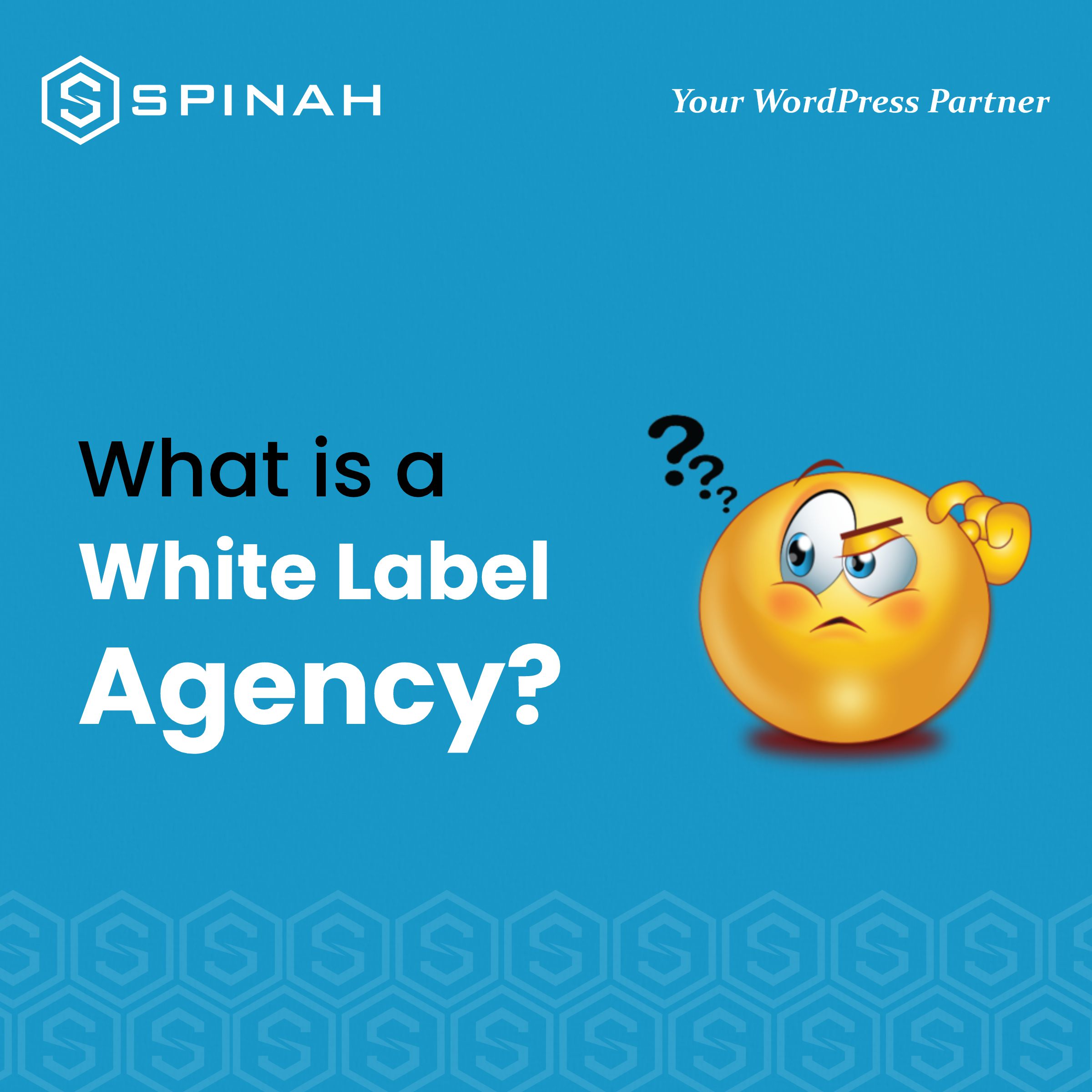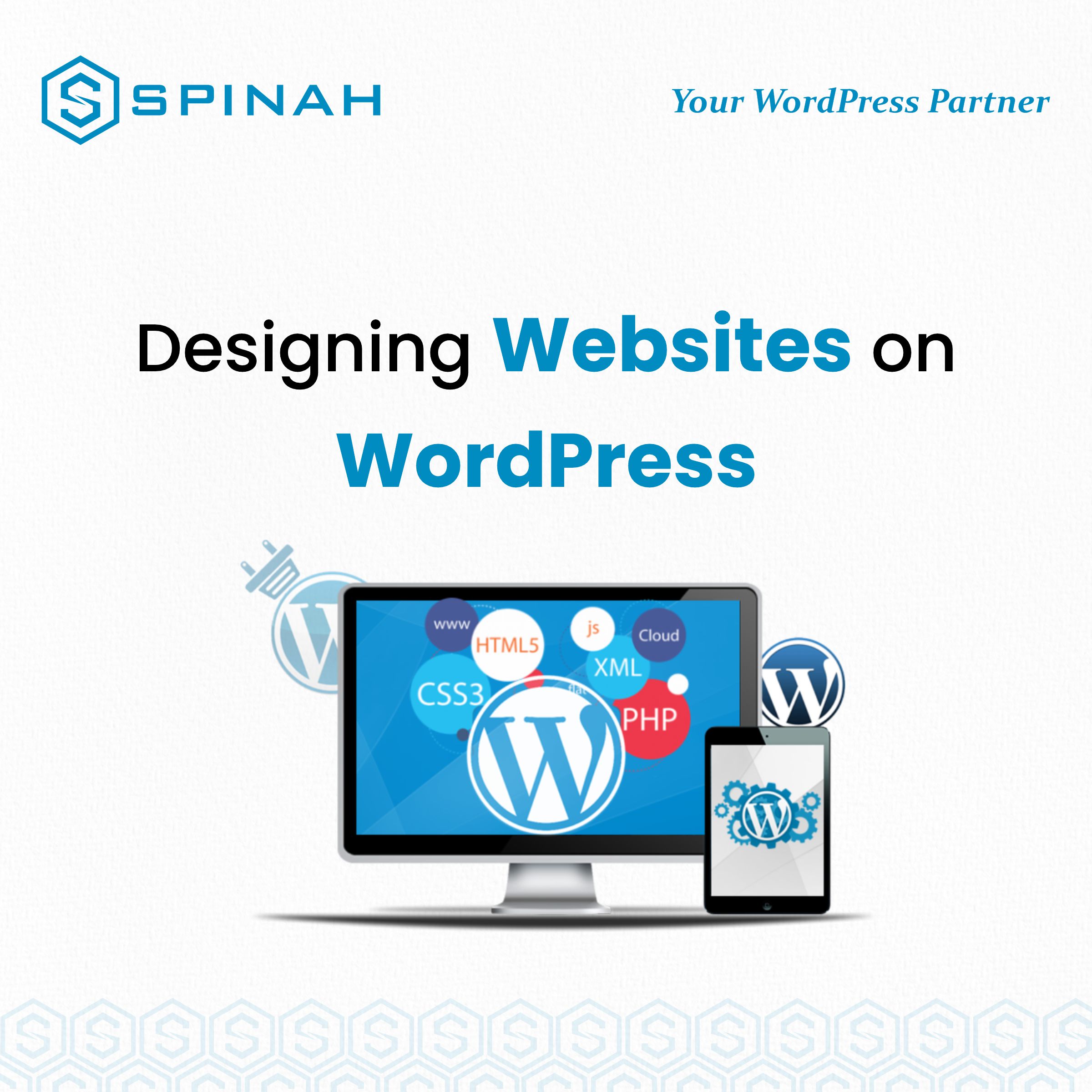WordPress is a popular website and content management system available in two different flavors: WordPress.com and WordPress.org. But is there any difference between these two systems? We have it answered in this piece.
On the surface, both offer similar features; WordPress.com provides hosting services for websites on their servers, while WordPress.org requires users to download and install the software on their server or hosting account.
WordPress.com is generally more accessible for beginners and provides a quick, low-effort solution for quickly getting your website up and running. WordPress.org, on the other hand, offers more flexibility and control over the look and feel of your site, as well as access to additional features like plugins and themes.
We’ll not only walk you through the key differences between WordPress.com and WordPress.org but also help you make a more informed decision on which one is ideal for you. From hosting options to customization possibilities, pricing, and support, we’ll cover all the essential factors to consider.
Brief History of WordPress
WordPress is a free and open-source content management system (CMS) that was first released in 2003. It was created by Matt Mullenweg and Mike Little as a fork of an earlier blogging software called b2/cafelog.
Initially, WordPress was designed as a simple and easy-to-use platform for bloggers. However, over time, it evolved into a full-featured CMS that could be used to build any type of website, from small personal blogs to large e-commerce sites.
In 2005, the WordPress community launched a plugin architecture, which allowed third-party developers to create plugins that could extend the functionality of WordPress. This was followed by the launch of WordPress themes, which allowed users to change the design and appearance of their website without having to modify the underlying code.
WordPress continued to grow in popularity, and in 2010, the platform became the most popular CMS in the world, powering over 13% of all websites on the internet. Today, WordPress is estimated to power over 39.5% of all websites on the internet, making it one of the most widely used website building platforms in the world.
In addition to its popularity, WordPress is also known for its vibrant community of users and developers, who contribute to the platform by creating themes, plugins, and other resources that make it more powerful and versatile.
Comparing the Features of WordPress.com vs. WordPress.org
Quick Comparison
| Features | WordPress.com | WordPress.org |
| Hosting | Fully hosted on WordPress servers | Self-hosted on your own server or third-party hosting service |
| Custom Domain | Available with a paid plan | Available with self-hosted WordPress installation |
| Themes | Limited selection of free and paid themes available | Unlimited selection of free and paid themes available |
| Plugins | Limited selection of pre-approved plugins available | Unlimited selection of third-party plugins available |
| eCommerce | Available with paid plans | Available with WooCommerce plugin or other third-party eCommerce plugins |
| Website Analytics | Available with paid plans | Available with third-party plugins like Google Analytics |
| Customization | Limited customization options | Unlimited customization options through coding and third-party plugins |
| Maintenance and updates | Automatic updates and maintenance handled by WordPress | Manual updates and maintenance required by site owner |
| Support | Email and community support available with paid plans | Community support available through forums and third-party resources |
| Price | Free with limited features, paid plans start at $4/month | Free to download and use, but requires hosting and domain expenses |
Comparing the Hosting of WORDPRESS.com and WORDPRESS.org
WordPress.com Hosting
WordPress.com is a hosted platform, which means that WordPress hosts your website for you on WordPress.com servers. You don’t have to worry about downloading the software or setting up a web server. All you need is an account on WordPress.com, and you’re good to go.
WordPress.org Hosting
A platform that is self-hosted is WordPress.org. With WordPress.org, you’ll have to install the software on your web server and handle backups and updates. You’ll need to purchase a domain name and hosting package from an independent provider.
Comparing the Customization of WORDPRESS.com and WORDPRESS.org
WordPress.com Customization
WordPress.com offers limited customization options, especially with the free plan, due to its hosted nature. You can choose from a range of pre-made themes and customize them with color schemes and other options, but you need access to plugins or the ability to add custom code.
WordPress.org Customization
WordPress.org offers a much greater degree of customization options than WordPress.com, allowing users to install themes and plugins from third-party sources, as well as the ability to customize their websites with HTML and CSS. There are also no limitations on custom CSS or Google Analytics.
Comparing the Pricing of WORDPRESS.com and WORDPRESS.org
WordPress.com Pricing
WordPress.com offers a free plan, which is great for small personal blogs and portfolios, and several paid plans that offer additional features, such as access to plugins and the ability to monetize your site through ads.
Pricing:
- It offers free trial
- Personal: for $4 per month, billed yearly (Best for Personal Use)
- Premium: for $8 per month, billed yearly (Best for Freelancer)
- Business: for $25 per month, billed yearly (Best for Small Businesses)
- eCommerce: for $45 per month, billed yearly (Best for Online Stores)
- Contact the sales quotes for Enterprise Plan
WordPress.org Pricing
WordPress.org is free to download, but you’ll need to purchase a domain name and hosting package from an independent provider. Prices for these vary depending on the features offered by the provider, so it’s essential to shop around before committing.
Comparing the Support of WORDPRESS.com and WORDPRESS.org
WordPress.com Support
WordPress.com gives its users a lot of support options, so they can get the help they need to build and keep up their websites. There is a large library of tutorials and documentation that covers everything from designing a website to making changes to it. There is also an online help center that has answers to questions that are often asked.
WordPress.com also offers a dedicated community forum where users can ask questions, share knowledge, and get advice from other users and experts. This forum is a great place to get help with technical problems, get feedback on how to design a website, and find out what’s going on in the WordPress community.
WordPress.org Support
WordPress.org does not offer direct support, it provides users with access to a thriving community of users who can offer assistance through the official WordPress forums. This community comprises a diverse group of individuals, including developers, designers, and other WordPress enthusiasts who are eager to share their knowledge and expertise with others.
Comparing the Updates and Backups of WORDPRESS.com and WORDPRESS.org
WordPress.com Updates and Backups
WordPress.com offers automatic updates and backups, ensuring that your site is always up to date and your data is secure.
WordPress.org Updates and Backups
With WordPress.org, you’ll need to manage these yourself through your hosting provider, which can be time-consuming and require more excellent technical knowledge.
Comparing the Themes of WORDPRESS.com and WORDPRESS.org
WordPress.com Themes
WordPress.com offers a range of pre-designed themes that users can choose from to customize the look and feel of their websites. While the number of themes available on WordPress.com is more limited than those available on WordPress.org, they are all carefully curated to ensure that they are high quality, well-designed, and easy to use.
WordPress.org Themes
WordPress.org provides users with a much broader range of themes compared to WordPress.com, including a vast library of both free and premium options.
This extensive collection of themes gives users the flexibility to customize their website’s look to a much greater degree, providing more options for creating a unique and visually appealing website.
Comparing the Customization Options of WORDPRESS.com and WORDPRESS.org
WordPress.com Customization Options
WordPress.com has more limited customization options, especially with the free plan. You can choose from a range of pre-made themes and customize them with color schemes and other options, but you need access to plugins or the ability to add custom code.
WordPress.org Customization Options
WordPress.org gives you more flexibility and control when customizing your site. You can install themes and plugins and use custom CSS and Google Analytics. WordPress.com has more limited customization options, especially with the free plan.
Comparing the Monetization Options of WORDPRESS.com and WORDPRESS.org
WordPress.com Monetization
WordPress.com has more limited options for monetization, as some features, such as custom CSS and Google Analytics, require a paid plan.
WordPress.org Monetization
WordPress.org provides more flexibility and options for monetizing your site through ads, affiliate programs, or other methods such as e-commerce.
Comparing the Security of WORDPRESS.com and WORDPRESS.org
WordPress.com Security
Security is a critical concern for any website owner, and WordPress.com takes this issue very seriously. As a hosted platform, WordPress.com gives you a safe place to host your website, making sure that it is safe from possible threats and flaws.
Automatic updates are one of the main ways that WordPress.com makes sure that your website is safe. WordPress.com automatically updates the core WordPress software as well as any themes and plugins you have installed on your site. This makes sure that your website is always running the latest, most secure versions of these parts. This can help protect your site from potential security vulnerabilities that could otherwise leave it open to attack.
WordPress.org Security
WordPress.org is a self-hosted platform that gives users complete control over their website. While this level of control can be appealing to users who want maximum flexibility and customization options, it also means that users are responsible for managing certain aspects of their website that are typically handled by WordPress.com.
Advantages and Disadvantages of the Two Versions
Like a coin with two sides, here are some advantages and disadvantages of both WordPress.com and WordPress.org:
WordPress.com:
Advantages:
- Easy to set up and use, with no need to install software or pay for hosting
- Automatic updates and backups
- User-friendly interface
- Suitable for small, personal blogs, and portfolios
Disadvantages:
- Limited customization options, especially with the free plan
- Limited ability to monetize your site
- Limited control over your site’s data
- Some features such as custom CSS and Google Analytics require a paid plan
WordPress.org:
Advantages:
- Greater control over your site’s data and customization options. This includes the ability to install themes and plugins
- More flexibility and options to monetize your site
- No limitations on custom CSS or Google Analytics
Disadvantages:
- Requires self-hosting which means you’ll need to install the software on your web server and handle your backups and updates
- It may require more technical knowledge to set up and maintain
Resources for Setting Up a Website With WORDPRESS.com or WORDPRESS.org
Here are some resources that can help you set up a website using either WordPress.com or WordPress.org:
For WordPress.com:
- WordPress.com support page: https://en.support.wordpress.com/
- WordPress.com video tutorials: https://en.support.wordpress.com/video-tutorials/
For WordPress.org:
- WordPress.org support page: https://wordpress.org/support/
- WordPress.org codex (a comprehensive guide to using WordPress): https://codex.wordpress.org/
- WordPress.org beginner’s guide: https://wordpress.org/beginners-guide/
In addition to these resources, there are many online communities and forums where users can ask questions and get help setting up their websites, such as the WordPress.org support forums: https://wordpress.org/support/forums/.
FAQS for WordPress.com vs. WordPress.org
As a fully hosted platform, WordPress.com eliminates the need for you to set up or maintain a hosting environment. As a self-hosted platform, WordPress.org requires that you find your own hosting company and manage the setup and upkeep of the hosting environment.
It depends on your needs and priorities. A good option if you’re looking for a quick, simple way to launch a website is WordPress.com. WordPress.org is a better choice if you need more control and flexibility or if you have the time and effort to manage your hosting environment.
Yes, you can use your domain name with either platform. With WordPress.com, you can use a subdomain (e.g., yourname.wordpress.com) or map an existing domain to your site. With WordPress.org, you’ll need to register your domain and point it to your hosting provider.
WordPress.com offers a range of pricing plans, starting with a free option and going up to a premium plan for more advanced users. WordPress.org is free to download and use, but you’ll need to pay for your hosting and any additional themes or plugins you want to use.
WordPress.com and WordPress.org offer a wide range of plugins and themes to extend and customize your site. However, WordPress.com has a more limited selection than WordPress.org due to its stricter plugin and theme guidelines. With WordPress.org, you have complete control over the software and can use any plugin or theme you like, as long as it is compatible with your version of WordPress.
Final Thoughts
As a website owner, your needs and priorities should guide your decision between WordPress.com and WordPress.org. WordPress.com might be a better option if you want a quick, hassle-free way to launch a website.
WordPress.org might be a better fit if you require more control and flexibility or if you are prepared to invest the time and effort necessary to manage your hosting environment. Both platforms offer a range of features and options and are suitable for various websites and users.











